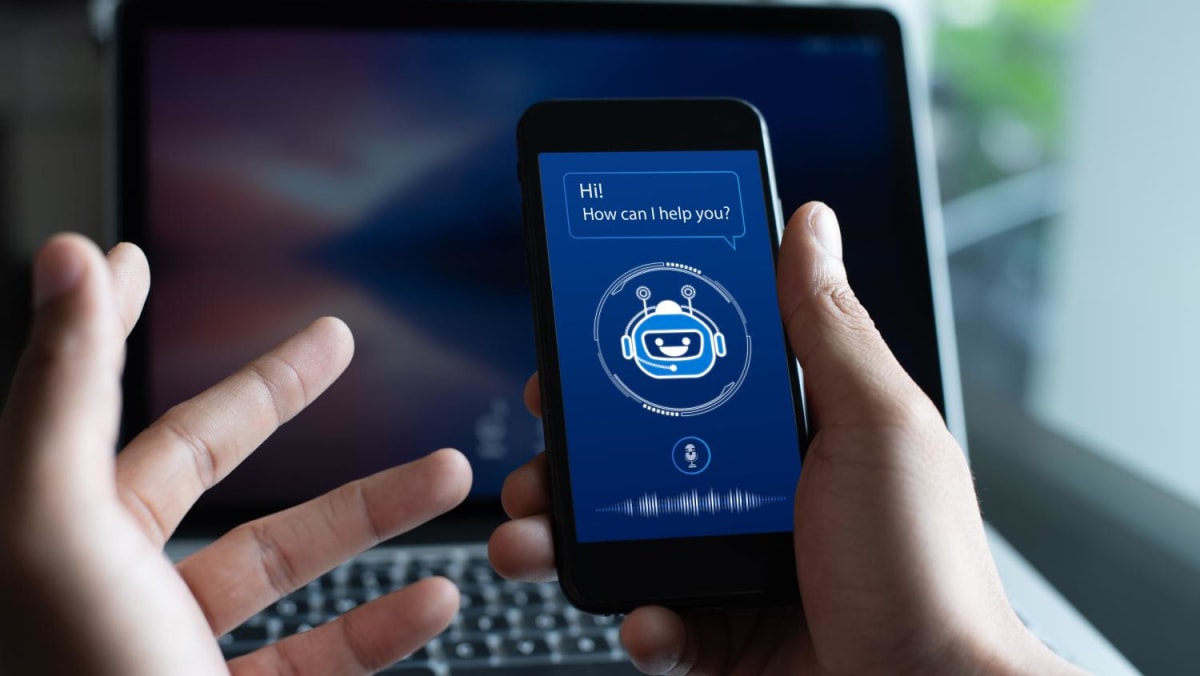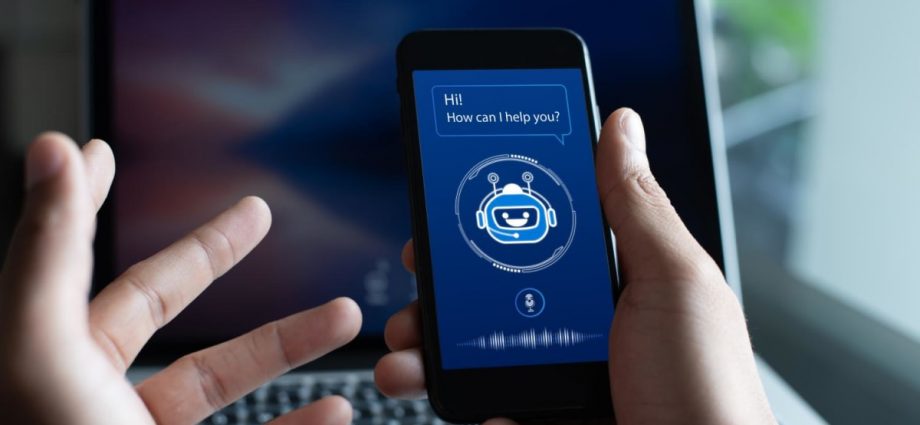
At the moment, AI chatbots are little better than Google for information. They certainly can’t provide the level of connection and understanding that we need when we reach out with a mental health concern.
In conversation with someone who has tried Wysa, a special education teacher (who wishes to remain anonymous) shared, “While I can see that it could have benefits in being able to access it anytime, it does not seem like a valid response to teacher stress.
“Teachers are relational by nature, and being quite an autonomous vocation, in that you are often the only adult in the room with kids, being able to vent or talk through daily stresses with another adult is worth its weight in gold.”
WICKED PROBLEMS NEED SYSTEMS-LEVEL INTERVENTIONS
Mental health in the workplace is a wicked problem, one that is complex with no clear solution. It helps to think about organisational well-being as layers of a system: The individual level (Me), the group level (We) and the organisational level (Us).
Any mental health and well-being initiative in a workplace needs to target all layers of this interactive and dynamic system, or their effects are not sustained.
This is particularly important in education, as teachers’ mental health should not be thought of as something that the individual is solely responsible for. It should be a shared concern for our communities and schools (We), and our local and global education systems (Us).

